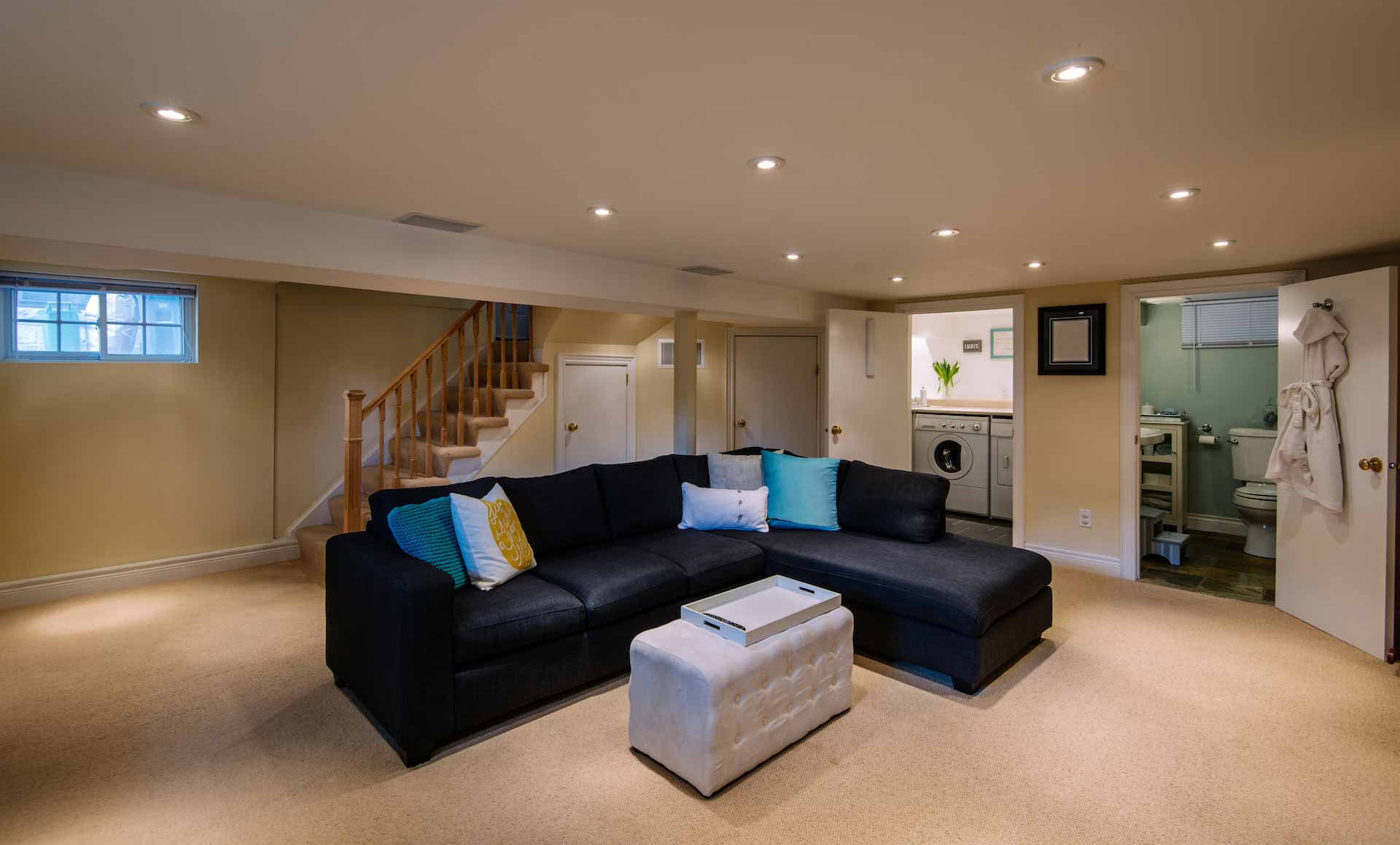Want to start making some extra money or looking for a secondary source of income? Leasing out your basement for additional space is a great way to do this. Basement apartments are becoming increasingly popular in Ontario. As the homeowner, you’ll not only have an opportunity to make some additional income but also stay in charge of your time and be able to do what you want with it.
Leasing out your basement can be a great way to provide additional living space for your family and bumps up the resale value of your property in the long run. However, it must first meet certain legal specifications, or else it won’t be inhabitable. Here is a guide to how small homeowners can make extra money with their unused space and ensure that their property is marketed well.
There’s a lot of confusion about the specifics that go into making a basement apartment legal. The rules are actually pretty complex: different codes and regulations across different levels of government make it difficult to understand.
Basic Legalities For Basement
If you have an older home (older than 5 years) that meets all the requirements, it’s possible to make a legal basement apartment. You’ll want to get guidance from the Zoning Codes for your area. Generally speaking, there are some requirements that often apply to these properties: These are the building specifications for a legal basement apartment.
Electrical Safety
To comply with the law, Second Units must have a light switch in every room. If applicable for your apartment, Legal Basement Apartments must also have one at the top and bottom of the stairs. The most important electrical requirement for installing a legal second unit is that it be inspected and approved by an ESA-certified electrician.
The inspection is important to make sure there are no hazards such as arc flash and shock. They will either provide a certificate or place a special certification sticker on the unit.
Fire Safety
In every property we rent, we always check that the basement is equipped with audible smoke detectors and carbon monoxide detectors. Some places require interconnected smoke detectors so that when one alarm goes off, others will go off too.
This way, all the residents in the home know that there is an emergency and get out as soon as possible. Living in a basement apartment is a lot safer than it sounds. That being said, it’s never too soon to invest in sprinklers and make sure that basements have a fire extinguisher close by.
Windows
Basement windows are important for many reasons, not just because they provide natural light & ventilation, but also as an access point in case, there’s a fire or other emergency. The size of your windows will depend on the size of your room, so if you’re finding that they’re too small, you may want to think about enlarging them.
Exit
Legal basement apartments can only have a common exit with the main dwelling unit in some cases, such as when the smoke alarm is interconnected. Otherwise, there must be a window that permits escape from both dwellings.
The basement apartments must all have an avenue of escape that’s easily assessable to the tenants in case of emergency so they don’t have to go through the main house. The second exit cannot be the only exit, but it should be easily accessible in case there needs to be an evacuation.
Required Permits From Different Authorities
Renting a basement apartment in Ontario is a type of second dwelling unit that meets the regulatory requirements. It’s good for people who want to live in an urban area without having to deal with all of the noise and traffic.
Ontario Second Units must meet these essential standards:
- Ontario Building Code for Secondary Units
- Electrical Safety Authority(ESA) Certification
- Local Municipal Regulations
- Ontario Fire Code
The Ontario Requirements for Second Units only cover houses that are older than 5 years. For newer housing, the new Ontario Building Code should be followed which can be contacted by an architect, planning official, and other professionals.
Conclusion
It can be difficult to find a place to rent above ground. It might seem like you’re out of luck, but many do consider renting out their own basement or other space they don’t use. The work you’ll need to put into preparing the unit depends on the specifics of your project, with the main requirement being that it’s habitable for tenants.
You could face a number of consequences If you are renting out an ‘illegal’ basement apartment, You may have to stop renting, which would result in penalties for the landlord and/or tenants. In more severe cases there could even be legal action taken against you. It is up to regional law what happens next.
Legal Basement Apartments are a tricky issue! This guide is a great introduction to the topic, but it’s not by any means all-encompassing. If you have any additional questions, contact us.

